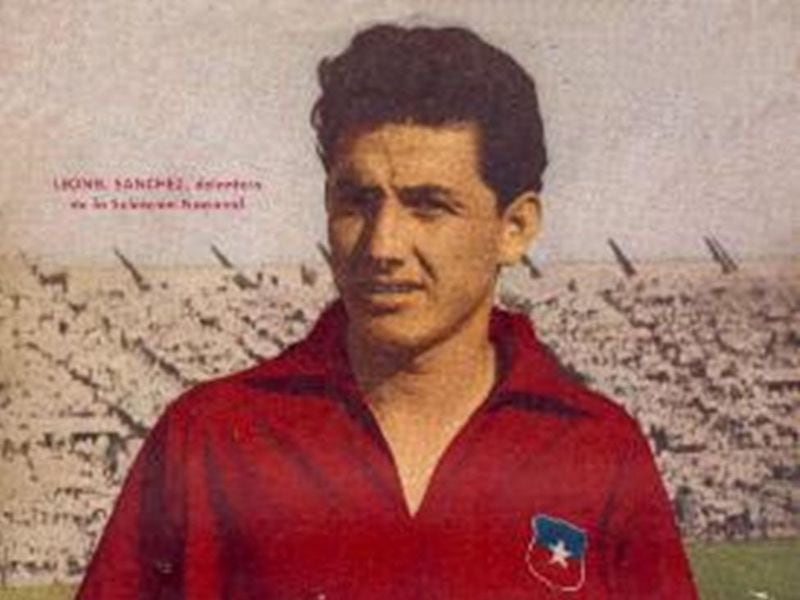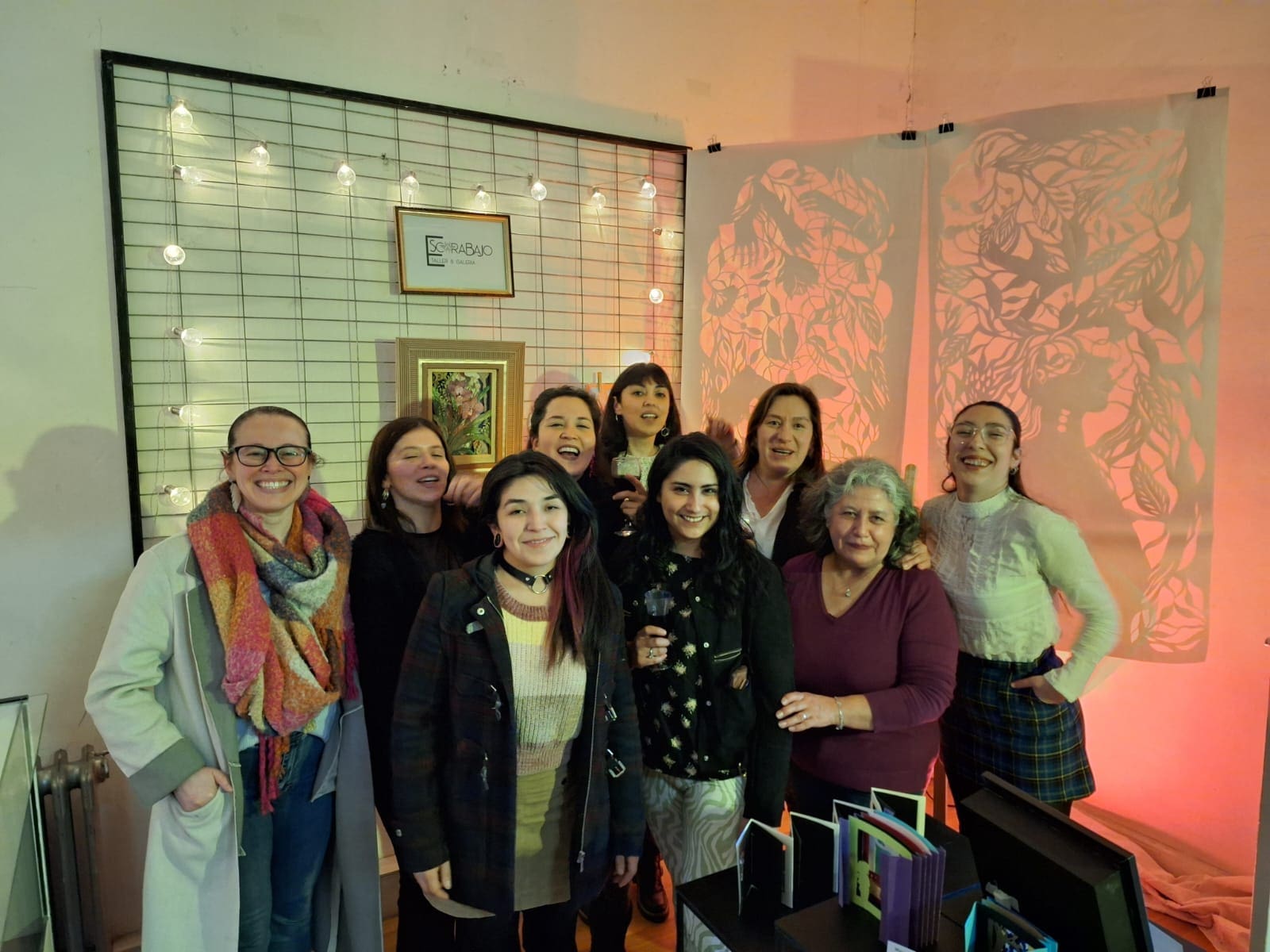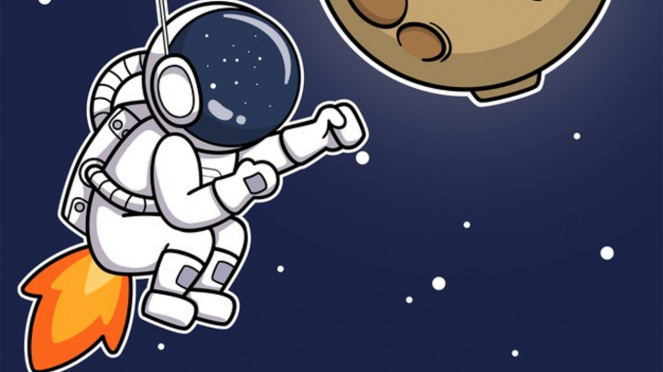First, the question, because without questions there is no science. “Was it Borges who said that?” Says Andrés Gomberoff, in one of the Zoom windows that brings these two physicists together with this journalist. Gomberoff recalls the phrase: “Friendship does not need frequency; love does ”. He went to rescue her from a drawer in his memory to contribute to the story of his friendship with José Edelstein, who is in the other window of the Zoom.
Borges, incidentally, was saying it about his friendship with Adolfo Bioy Casares. And although on another scale, Gomberoff and Edelstein have more in common with those artists than just being friends. When they write, both physicists are not simply scientists seeking to tell science stories. They seek to create something like a work, contribute to a genre, create value and, above all, give pleasure.
The three of us are talking on the screen and although I have known them for several years, because I once had the challenging pleasure of editing their texts when they wrote in Qué Pasa magazine, I cannot help feeling like a stranger looking out of the window at the domestic life of a modern family. Like any duo that has been together for years, Gomberoff and Edelstein have their ways, their dynamics. For example, Edelstein, who is Argentine and is an academic at the University of Santiago de Compostela, in Spain, is the one who speaks the most and the one who remembers the most details. In a couple, it would be the one who would remember anniversaries.
Gomberoff, Chilean physicist, author of several books, researcher at the Center for Scientific Studies (CECs) and who currently spends his days between Santiago and Valdivia, has a “more impressionistic” memory, in his words. He says “we are friends for a long time”, for example. Edelstein says: “It was in June 1992, in Huerta Grande, Córdoba. A triennial conference on General Relativity where everyone came ”.
Both were doctoral students, Gomberoff at the University of Chile, Edelstein at the National University of La Plata ”. They immediately hooked, discovered common interests, shared references, matrices and similar codes, where Jewish identity played an important role (Gomberoff’s paternal grandparents were also Argentine). To use a general physical term, they were cool. Then they continued to find each other in the timing that science gave: conferences in Chile in 1994, Stephen Hawking’s visit to Santiago in 1997, and so on. As in all good stories, one thing led to another.
Now they remember everything, one with more details than the other, regarding the edition in Chile of Antimatter, Magic and Poetry (originally published in 2014 in Spain by the University of Santiago de Compostela and now by Debate), which brings together 23 texts written in four hands and that in some way operates as a sort of blog for a creative duo.
Gomberoff always says that Edelstein is the writer. Edelstein says that he is a disciple of Gomberoff. And they are both right: this is neither a flattering exchange nor an exaggeration.
They are texts that for them evoke moments, memories of their passage through parallel universes. Like when they were in a paradisiacal environment, on a Greek island where a scientific conference was taking place, glued to the screen analyzing the precarious black and white video of a play at the 1962 World Cup in Chile.
That was in 2009, when they were writing Leonel or the science of free kick, using Leonel Sánchez’s goal against the Soviet Union in Arica to explain the principles of the top spin. The chanfle. “It was a very entertaining technical discussion,” recalls Edelstein. It is one of the few texts that they have written in person: the distance transformed this pair into a kind of pioneers of teleworking. Somehow writing forced them to see each other more, because as friends they could spend much more time, years, without seeing each other. Because friendship, unlike love, does not require frequency.
Gomberoff always says that Edelstein is the writer. Edelstein says that he is a disciple of Gomberoff. And they are both right, this is neither a flattering exchange nor an exaggeration.
You have to understand that José Edelstein was a young Electronic Engineering student who was fed up with his career when he considered taking the big leap. Perhaps, he thought, it is time to pursue the dream of being a writer. But academic life has other laws of attraction: physics, which was his other option, allowed him not to have to start from scratch, and winning a scholarship at the prestigious Balseiro Institute in Bariloche was decisive. Literature would have to wait.

Gomberoff, for his part, did not think mostly about writing, something that was not an academic article when the magazine Qué Pasa asked him in 2008 for a collaboration: a review of a book on science and cooking. It was the beginning of an alternative and somewhat tortuous career, at least in the beginning. “There was always a tremendous weight for me in knowing that there are colleagues who were reading and could see in the text a trivialization or a lack of rigor, of precision,” he explains today. That was before his great discovery. “You start out thinking that you are teaching science, and that is probably the biggest mistake any popularizer makes, which is a word that I don’t like. And finally you realize that you are doing something else, that it is not just a story about a disciplinary area, but is itself an object of value. It is something different ”.
As Gomberoff loosed his moorings and learned to build his literary self-esteem, Edelstein said no.
“When I started to see Andy write, when I read him in Qué Pasa, I loved it, and I felt a certain envy,” he recalls. “And he started to invite me to write something with him, but my first answer was no, I don’t have time. I think he knew perfectly well that if he tried that it was the beginning of something too big. And I said no a couple of times, ”says Edelstein. It had to be a genius to change that dynamic.
Stephen Hawking’s visit to Santiago de Compostela put Edelstein in conversation with a journalist who was looking for a physicist to explain the importance of the English physicist. Edelstein solicitously began to speak. He began to tell a story; a bit long that yes, to the regret of the communicator, troubled with an interview different from the one she had gone looking for. “I didn’t realize it and suddenly I had been talking for an hour and a half,” recalls the Argentine. “There I spoke to Andy and I said, ok, I have the subject. That was how, in principle, we did it for the only time ”.

It would be the first of many unique times. In part, because what Edelstein feared happened: his young self had come to collect the bill.
But when Edelstein decided to jump into the pool, Gomberoff had already started collecting the water. Or, using a more agrarian analogy, “I came to sow a field already plowed. And in that Andy was my teacher ”.
The text they wrote won the National Prize for University Disclosure in Spain, and was reproduced in different parts. It was called Antimatter, Magic and Poetry.
Gomberoff does not see himself as a writer, but he does recognize a literary ambition in him. That is why he objects to the label of “scientific popularizer”. “I refuse to call it that, because it implies that it is the projection of a thing, which cannot exist by itself,” he explains. “Scientific non-fiction writing is something in itself, and therefore it can interact with science and not just come from science.” Gomberoff is confident that works like his and Edelstein’s can contribute to the growth of the scientific non-fiction genre, which, although much more developed in the Anglo-Saxon world, has not yet reached the height that, in his opinion, it could or should.
“A few years ago, Richard Dawkins (the evolutionary biologist and celebrated author) was asking for the Nobel Prize for Steven Pinker,” recalls Edelstein to underline the point, referring to the linguist and best seller. “Just as they gave it to Bob Dylan or earlier to Winston Churchill, it suggested that this new literary genre should be recognized. That it was time for a science communicator to be recognized ”.
Do not misunderstand: it is not public recognition of what this pair longs for, but the consolidation of a field of work that for themselves has gone from being an alternative to being essential in their objectives.
Perhaps it is a matter of scales. A physicist thinks in scales differently from other mortals. Edelstein explains, for example, that the wonder of gravitational waves is that they allow one to peer into a universe that is impossible to observe: that which is more than 300 thousand years old. And at the same time, Gomberoff and Edelstein have written a lot about tiny particles whose existence can only be inferred, but which have far-reaching consequences for their environment. They might look like this: As small items, but with the potential to spawn something bigger.

A few years ago, when celebrated American astrophysicist Neil DeGrasse Tyson revived the television series Cosmos, which made Carl Sagan famous, he told the story of when as a teenager he met Sagan, his idol. How that had been the definitive spark of his career, not only in science, but also in science communication. Gomberoff, who identifies his Big Bang in the Carl Sagan series, knows that story well. So it is natural to ask him if he aspires to be the catalyst for the careers of other communicators, or writers of science nonfiction.
“Yes,” he answers without hesitation. “For me it is very important and, in fact, I am thinking of projects to put it into practice. I know that I am not the Truman Capote who is going to conquer or found the genre, but I hope I can say that I helped that character be born sometime ”.
“For me it is also an aspiration,” Edelstein agrees. “And I know there are dozens of kids who want to study physics because of our texts, talks, courses,” he adds. “In the beginning my motivation was to write, to pay off that debt with the young man who opted for physics, but then when this started to emerge I loved it. Suddenly you can see that you can reach a lot of people ”, he says, and mentions his project: a platform for talks, courses and scientific communication meeting baptized with the name that the Quechuas gave their teachers. “Amautas has monumental aspirations: to change the world.”
-Y.
-And people laugh when I say it, of course. It is a quixotic attempt to make a difference. Sure the world is going to stay the same, but when you are older you want to change the world for some people. And that we can make sure. b





